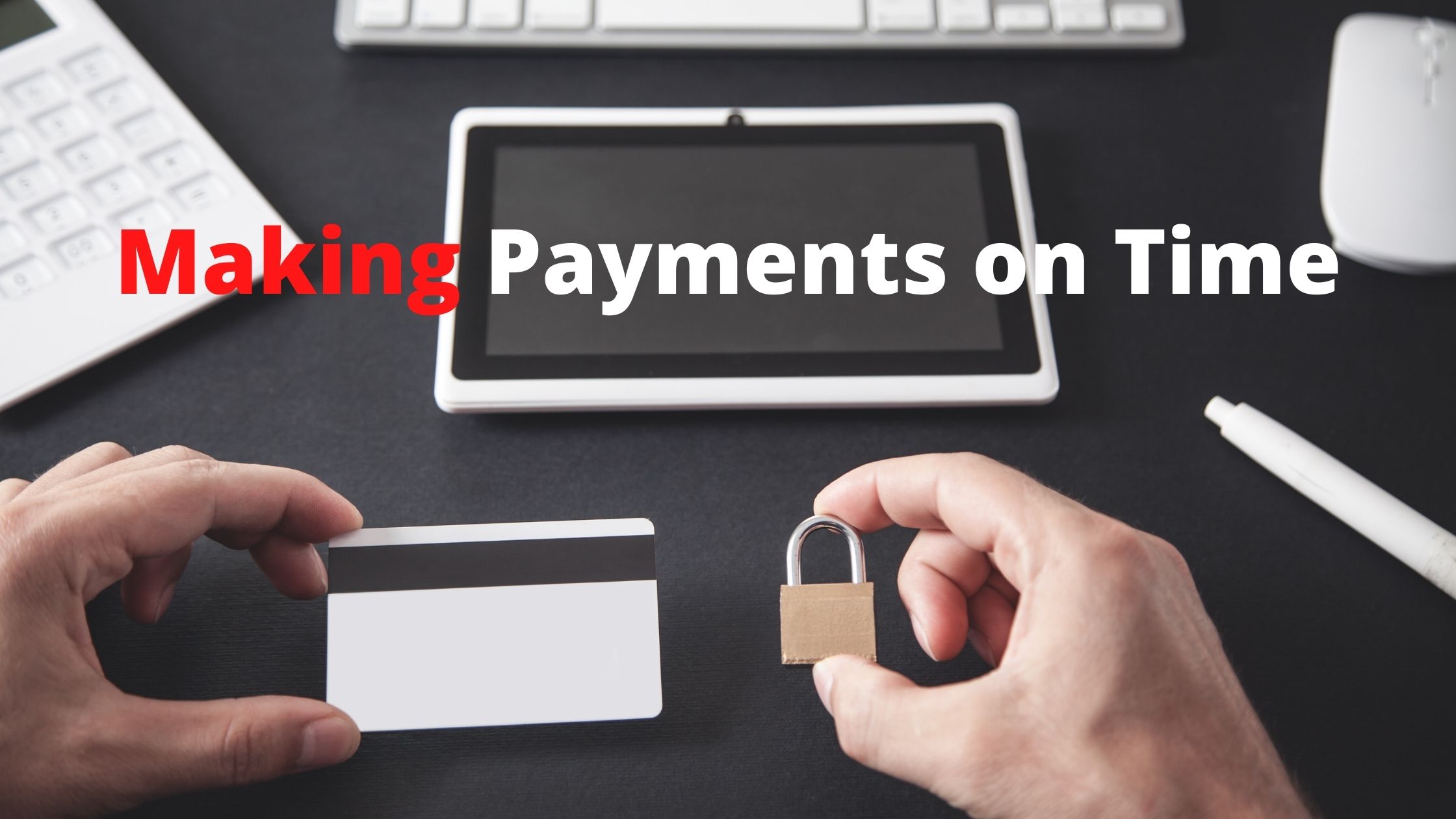Too often, people take credit card payments for granted. But the truth is that credit card companies can charge a lot of interest on unpaid balances – which can really add up over time. In this article, we’ll show you how to reduce your credit card payment interest rates by using a few simple techniques.
Identifying Your Credit Cards
Credit cards come with high interest rates, which can quickly add up over time. If you want to reduce your credit card payment interest rates, it’s important to identify which cards have the highest interest rates and use those for smaller purchases.
Another way to reduce your credit card payment interest rates is to carry a balance from month to month. This will help you avoid paying interest on your outstanding debt, but keep in mind that this approach also comes with risks (such as incurring fees or penalties).
Ultimately, it’s important to work with a financial advisor to find the best way to reduce your credit card payment interest rates and pay off your debt in a timely manner.
Making Payments on Time
Making your credit card payments on time can help minimize your interest rates. Below are a few tips to help you make your payments on time.
1. Set up automatic payments from your bank account. This will help you avoid missing any payments and will reduce the amount of money you owe in interest.
2. Pay off your balance each month. If you have a small balance remaining on your card at the end of the month, this will help reduce the amount of interest that you pay.
3. Avoid using credit cards for large purchases. If you cannot pay for a purchase immediately, try to pay for it over time with other methods such as cash or a loan. This will help you avoid paying interest on the purchase and will also reduce the amount of money that you owe in interest.
Checking Your Credit Score
Credit card issuers use your credit score to determine what interest rate they will charge you on your credit card payment. A high credit score indicates that you are a low-risk borrower, and the issuer may be willing to offer you a lower interest rate. However, keep in mind that if you miss payments or have high balances on your credit cards, your credit score may decline, resulting in higher interest rates. There are a few things you can do to improve your credit score and reduce your interest rates:
1. Keep updated on your credit reports. Credit card issuers typically require current copies of your credit reports from all three scoring agencies – Experian, TransUnion and Equifax. You can request free copies of your reports once every 12 months from each agency by visiting www.annualcreditreport.com or calling 1-844-322-2623. If there are any changes to your credit report that could affect your credit score, notify the three agencies immediately.
2. Pay off your outstanding debt balances each month. This will help improve your “average” monthly debt payment and decrease the amount of time it takes for your debt to become “past due” – two factors
Get a Debt Reduction Plan
If you’re like most people, you’ve probably been told by your credit card company that you can lower your interest rates by paying your bills on time. But is that really true? There’s no one-size-fits-all answer to this question, as the best way to reduce your interest rates will vary depending on your specific situation and credit score. However, there are a few general tips that can help you cut down on your credit card payments and save money in the long run.
First, it’s important to understand how interest rates work. When you make a purchase with a credit card, the card issuer pays the vendor (the store or online seller) and charges you interest on the outstanding balance from the time of purchase. This interest is calculated daily and charged even if you don’t pay the entire balance off each month. In other words, if you only pay half of the balance each month, even though you’re technically making full monthly payments, the interest rate will still be calculated at 1% per day (5% per month), costing you an extra $5 per month in total.
Second, it’s important to
Request a Low Interest Credit Card
Reducing your credit card interest rates can save you a lot of money in the long run. Here are three tips to help you lower your interest rate:
1. Get a low interest credit card. Credit cards with low interest rates are a great way to save money on your monthly payments. There are a number of different cards available with different terms and interest rates, so it’s important to do your research before selecting one.
2. Make your payments on time. Making your monthly credit card payments on time will help reduce your interest rate. If you can, try to pay off your balance each month so that you have less debt and a lower interest rate.
3. Consider consolidation loans. A consolidation loan is a loan that combines several smaller loans into one larger loan in order to reduce the number of loans you have to repay and the amount of interest that you pay. This can help lower your overall interest rate and make paying off your debts more affordable overall.
Apply for a Low-Interest Credit Card
If you’re looking to reduce your credit card payment interest rates, there are a few things you can do. First and foremost, make sure your credit score is in good shape. Having a high credit score will help you qualify for lower interest rates on loans and credit cards. In addition, make sure you are using all of your available credit and that you aren’t maxing out your available credit limit.
Another way to reduce your credit card payment interest rates is to get a low-interest credit card. There are a number of different low interest credit cards available, so it’s important to shop around and compare rates before applying. Make sure to read the terms and conditions of the card carefully, as some cards have higher annual fees than others.
Finally, if you can’t seem to get your debt under control, consider talking to a financial advisor about possible debt reduction strategies. They can help you identify areas where you may be overspending, and may be able to offer suggestions on how to reduce your overall borrowing costs.
Conclusion
Interest rates are one of the most common problems that people face when trying to pay off their credit cards. If you’re thinking about getting a new credit card, or if you’ve already got one and your interest rate is creeping up, there are some things you can do to reduce your payment interest rate. By following these simple tips, you should be able to lower your monthly payments enough so that it won’t increase your overall debt burden in the long run.

